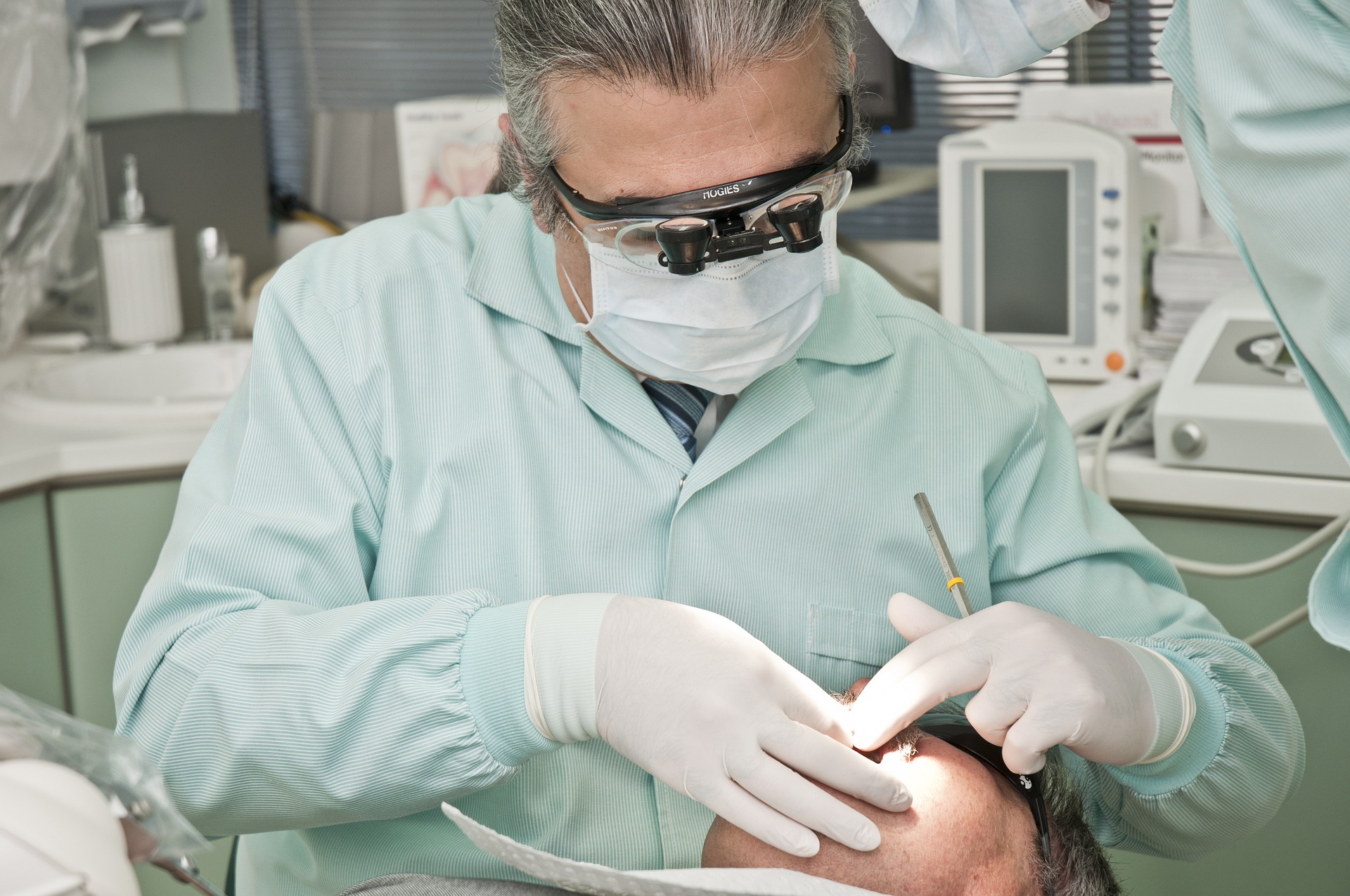HPV is More Common Than You Think - Most People Don't Know They Have It
Human papillomavirus affects approximately 80% of sexually active adults at some point in their lives, yet many remain unaware of their infection status. Most HPV infections show no symptoms, making regular testing essential for early detection. Understanding your HPV status through proper screening helps identify potential health risks and allows for appropriate medical monitoring and preventive care with qualified healthcare providers:

What is HPV and How Common is It?
HPV is a group of viruses that can infect various parts of the body, including the genitals, mouth, and throat. It is primarily spread through sexual contact, and nearly all sexually active individuals will contract at least one type of HPV in their lifetime. According to the Centers for Disease Control and Prevention (CDC), approximately 79 million Americans are currently infected with HPV, with about 14 million new cases occurring each year.
Why Don’t Most People Know They Have HPV?
The majority of HPV infections do not cause any noticeable symptoms, making it difficult for individuals to realize they are infected. In many cases, the immune system successfully clears the virus without the person ever knowing they had it. However, some high-risk HPV types can persist and potentially lead to serious health issues, including certain cancers. This is why regular HPV testing and screenings are crucial for early detection and prevention.
What HPV Testing Information Should You Know?
HPV testing is an essential tool in identifying the presence of the virus, particularly high-risk strains that may lead to cancer. For women, HPV testing is often done in conjunction with cervical cancer screening (Pap smear). The U.S. Preventive Services Task Force recommends that women aged 30-65 undergo HPV testing every five years, along with cytology testing. For men, there is currently no FDA-approved test for HPV, but healthcare providers may recommend anal Pap tests for men who are at higher risk of anal cancer.
When Should You Seek Specialist Consultation?
If you receive a positive HPV test result or have concerns about potential HPV-related symptoms, it’s crucial to consult with a healthcare specialist. Gynecologists, urologists, and infectious disease specialists are among the experts who can provide comprehensive care for HPV-related issues. These professionals can offer personalized advice, perform further tests if necessary, and recommend appropriate treatment or monitoring plans based on your individual situation.
What Treatment Options Guide is Available for HPV?
While there is no cure for HPV itself, treatments are available for the health problems that HPV can cause. The treatment approach depends on the specific condition and may include:
-
Watchful waiting for low-risk infections that may clear on their own
-
Removal of abnormal cells or precancerous lesions through procedures like cryotherapy, LEEP, or conization
-
Topical medications for genital warts
-
Surgical interventions for more advanced cases of HPV-related cancers
Your healthcare provider will guide you through the most appropriate treatment options based on your specific situation and the type of HPV-related condition you may have.
| Provider Type | Services Offered | Key Features/Benefits |
|---|---|---|
| Gynecologist | HPV testing, cervical cancer screening, treatment for precancerous lesions | Specialized care for women’s reproductive health |
| Urologist | HPV-related care for men, treatment of genital warts | Expert in male reproductive and urinary tract health |
| Infectious Disease Specialist | Comprehensive HPV management, treatment of complex cases | In-depth knowledge of viral infections and their impacts |
| Primary Care Physician | Initial HPV screening, referrals to specialists | Holistic approach to overall health and prevention |
What Prevention Resources are Available?
Prevention is a key aspect of managing HPV. The most effective prevention method is vaccination. The HPV vaccine is recommended for both males and females, ideally before they become sexually active. Other prevention strategies include:
-
Practicing safe sex by using condoms and dental dams
-
Limiting the number of sexual partners
-
Regular health check-ups and screenings
-
Maintaining a healthy lifestyle to support immune function
Many healthcare providers and public health organizations offer educational resources and support for HPV prevention. These may include informational brochures, online tools, and community outreach programs aimed at raising awareness and promoting preventive measures.
How Can You Get Help with Insurance Coverage for HPV-Related Care?
Navigating insurance coverage for HPV-related care can be challenging. Many health insurance plans cover HPV testing, vaccinations, and treatments for HPV-related conditions. However, coverage may vary depending on your specific plan and provider. To get help with insurance coverage:
-
Contact your insurance provider directly to understand your coverage for HPV-related services
-
Speak with your healthcare provider’s billing department for assistance in determining coverage and potential out-of-pocket costs
-
Look into state and local programs that may offer free or low-cost HPV testing and treatment for those who are uninsured or underinsured
-
Consider patient assistance programs offered by pharmaceutical companies for HPV vaccines or medications
Understanding your insurance coverage and available resources can help ensure you receive the necessary care without undue financial burden.
In conclusion, HPV is indeed more common than many people realize, and its often asymptomatic nature means that most individuals are unaware of their infection status. By prioritizing regular testing, seeking appropriate medical care, and utilizing available prevention resources, individuals can take proactive steps to manage their HPV-related health risks and overall well-being.
This article is for informational purposes only and should not be considered medical advice. Please consult a qualified healthcare professional for personalized guidance and treatment.




